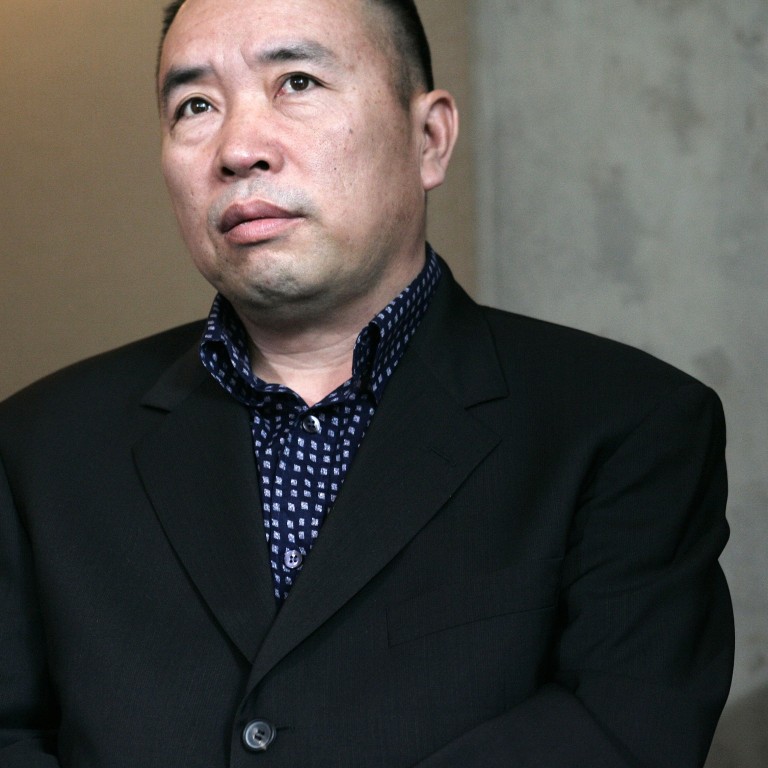
Foreign countries have returned fugitives to China, so why won’t Hong Kong?
- Since reunification, Hong Kong has secured the return of an estimated 200 criminal suspects from the mainland, but not reciprocated. Criminal suspects should not be allowed to evade justice by moving from one part of the country to another
In 1998, secretary for security Regina Ip Lau Suk-yee said negotiations with Beijing on a rendition agreement were imminent. By 2001, she said one of her priorities was to secure legal cooperation with the mainland in the next two to three years. Although Ip got nowhere, her successor, Ambrose Lee Siu-kwong, said in 2007 that “we all hope negotiations will be resumed as soon as possible”.
After nothing substantive materialised, the government’s attention then turned to Macau. This should have been an easier nut to crack, not least because Macau has Portuguese-style legal arrangements, and the rights enjoyed by criminal suspects in both jurisdictions are not dissimilar. The International Covenant on Civil and Political Rights, moreover, applies in both Hong Kong and Macau, which therefore share legal values.

A vacuum therefore exists in law enforcement between the various parts of China, from which only fugitives have benefited. They have found a safe haven in Hong Kong, whose reputation has suffered. However, Hong Kong has been able, since reunification, to secure the return of an estimated 200 criminal suspects from the mainland through informal channels, although it has not been able to reciprocate.
This must have caused great resentment among mainland law enforcers, and there have been allegations that they have adopted irregular methods to secure the return of wanted persons. Apart from China, no country tolerates a situation in which criminal suspects simply evade justice by moving from one of its constituent parts to another, and the impasse must be broken.
The Security Bureau’s proposal to amend the law to facilitate the transfer of fugitives on a case-by-case basis to places with which Hong Kong has no surrender arrangements, including other parts of China, is a necessary first step. After all, if foreign countries can return fugitives to China for trial, then Hong Kong, as an integral part of China, must also have a legal means of doing likewise.
Moreover, under Article 96 of the Basic Law, Hong Kong is empowered to “make appropriate arrangements with foreign states for reciprocal juridical assistance”, and 20 fugitive offender agreements have resulted. Hong Kong, therefore, is now able to return fugitives to countries like Canada, Germany and South Africa. It defies logic that no such legal mechanisms exist to transfer fugitives to other parts of China, and it is this anomaly that the Security Bureau is seeking to rectify.
The suggested process will, however, be conducted through the courts, and the various safeguards prescribed by law will have to be taken. It may well be, of course, that proceedings involving transfers to Macau or Taiwan will face fewer obstacles than those involving the mainland, but there must at least be a mechanism. The current void makes a mockery of criminal justice throughout China, and is bad for the rule of law.
Grenville Cross SC is a criminal justice analyst

